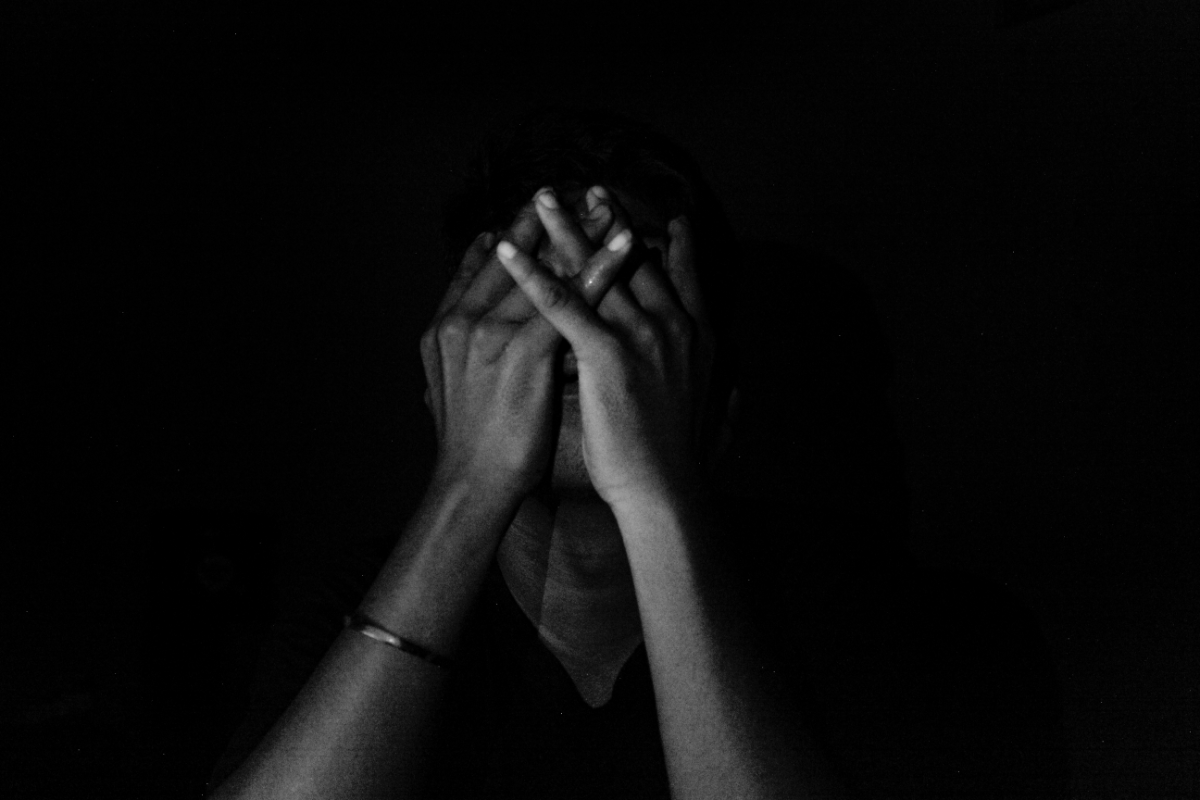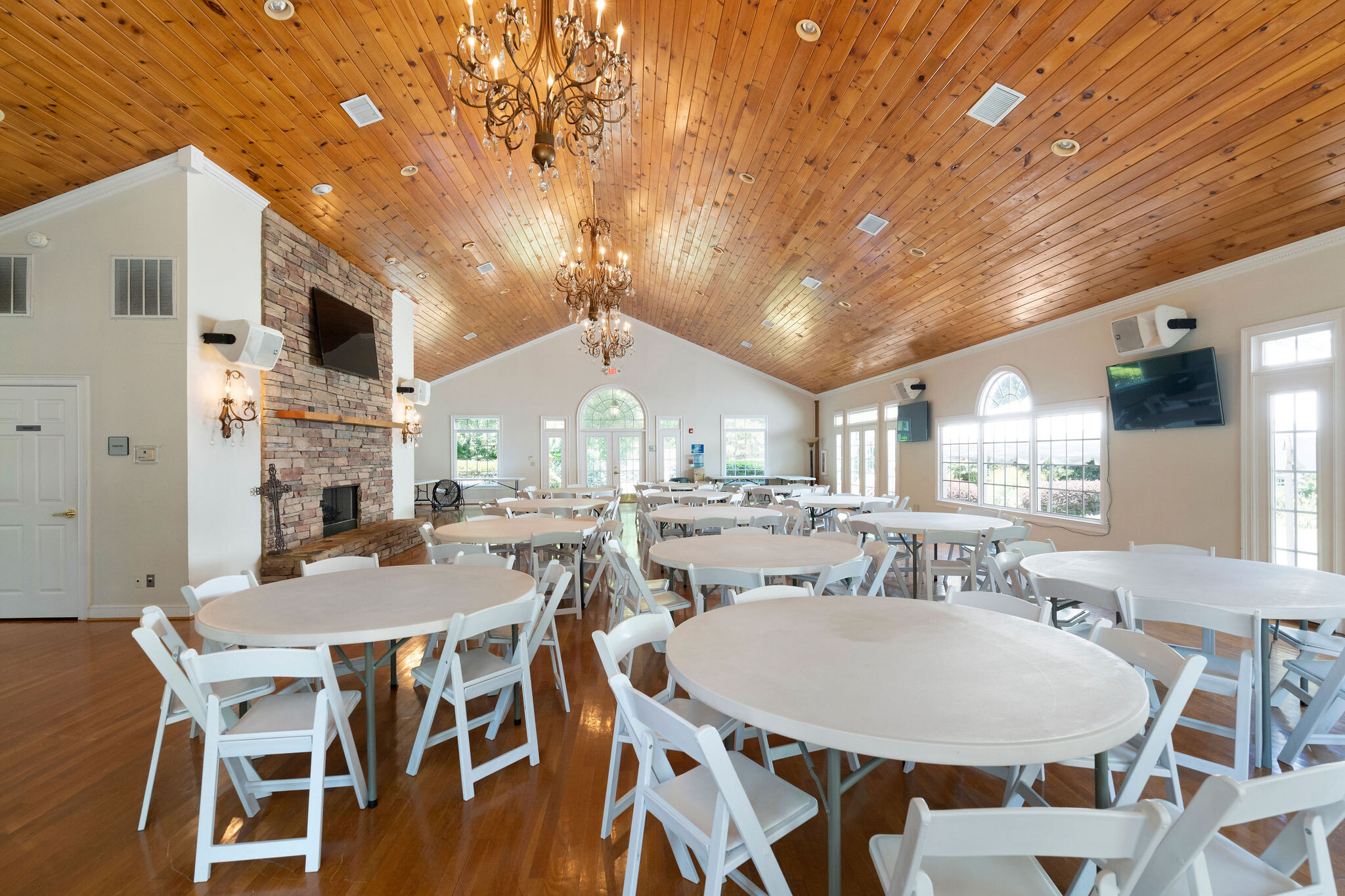Mental health struggles can manifest in many ways, and one of the most concerning yet often misunderstood phenomena is passive suicidal ideation.
Unlike the more widely recognized active suicidal thoughts, passive suicidal ideation can be subtle, making it challenging to identify and address. Understanding this condition is crucial for recognizing when professional help is needed and taking steps toward healing and recovery.
Disclaimer: If you or a loved one are experiencing thoughts of suicide or are in crisis, please seek immediate help. Visit your nearest emergency room or call the 988 Suicide & Crisis Lifeline (dial 988) for 24/7 confidential support. You are not alone, and help is available.
What is Passive Suicidal Ideation?
Passive suicidal ideation refers to thoughts about death or dying without actively planning or intending to end one’s life.
Individuals experiencing passive suicidal ideation may find themselves wishing they could “just disappear,” hoping they won’t wake up in the morning, or thinking that life would be easier if they weren’t around.
These thoughts don’t involve specific plans or methods for self-harm, but they represent a concerning disconnect from the desire to live.
People with passive suicidal ideation might express feelings like “I wish I could just go to sleep and not wake up” or “Everyone would be better off without me.”
While these thoughts may seem less urgent than active suicidal plans, they indicate significant emotional distress and should be taken seriously.
Passive Suicidal Ideation vs Active Suicidal Ideation
Understanding the distinction between passive and active suicidal ideation is essential for recognizing the level of risk and appropriate intervention needed.
Passive Suicidal Ideation involves thoughts about death or dying without specific plans or intent to act. Common characteristics include:
- Wishing to disappear
- Hoping not to wake up
- Feeling indifferent about living or dying
- Having thoughts that others would be better off without them.
Active Suicidal Ideation, on the other hand, involves specific thoughts about ending one’s life, often accompanied by plans or methods. This includes:
- Researching methods of self-harm
- Making specific plans with timelines
- Acquiring means to carry out the plan
- Having a clear intent to act on these thoughts
While passive suicidal ideation may seem less immediately dangerous, it can progress to active ideation and represents a significant risk factor that requires professional attention and support.
Risk Factors for Suicidal Ideation
Several factors can increase the likelihood of developing suicidal ideation, whether passive or active. Understanding these risk factors helps identify when someone may be particularly vulnerable.
According to the National Institute of Mental Health, approximately 12.3 million adults in the United States had serious thoughts of suicide in 2021.
The CDC reports that suicide rates have increased by 37% between 1999 and 2019, making it the second leading cause of death among individuals aged 10-34.
Key risk factors include:
Mental Health Conditions
mental health conditions such as depression, anxiety, bipolar disorder, and substance use disorders.
Trauma
Trauma and adverse childhood experiences significantly increase risk, with individuals who experienced childhood trauma being 2-5 times more likely to develop suicidal thoughts.
Chronic Medical Conditions
Chronic medical conditions, chronic pain, and terminal illnesses also contribute to increased risk.
Social Factors
Social factors play a crucial role as well. Social isolation, relationship problems, financial stress, and job loss can all contribute to suicidal ideation. Additionally, access to lethal means, previous suicide attempts, and family history of suicide increase vulnerability.
LGBTQ+
Certain demographics face higher risks. LGBTQ+ youth are 4 times more likely to attempt suicide compared to their peers.
Veterans
Veterans have a suicide rate 1.5 times higher than civilians.
Warning Signs of Passive Suicidal Ideation
Recognizing the warning signs of passive suicidal ideation can be challenging because the symptoms are often subtle and may be mistaken for temporary sadness or stress. However, being aware of these signs can help identify when someone needs support.
Emotional Warning Signs of Passive Suicidal Ideation
- Persistent feelings of hopelessness
- Expressing that life has no meaning or purpose
- Frequent mentions of death or dying in conversation
- Statements about being a burden to others
- Increased irritability
- Mood swings
- Emotional numbness
Behavioral Warning Signs
Behavioral changes can be equally telling. Someone experiencing passive suicidal ideation may show signs that include:
- Withdrawal from friends and family
- Loss of interest in activities they once enjoyed
- Changes in sleep patterns (sleeping too much or too little)
- Neglect of personal hygiene or responsibilities
- They may also give away possessions or make unusual arrangements for their affairs
Physical Symptoms of Passive Suicidal Ideation
Physical symptoms can accompany passive suicidal ideation, including:
- Changes in appetite
- Unexplained fatigue
- Frequent headaches or other unexplained physical complaints
- Changes in energy levels.
Cognitive Signs
Cognitive signs include:
- Difficulty concentrating
- Memory problems
- Indecisiveness
- Persistent negative thoughts about themselves, others, or the future
- The person might also express feelings of being trapped or having no way out of their current situation.
Understanding Passive Suicidal Ideation in a Loved One
When someone you care about is experiencing passive suicidal ideation, it can be frightening and overwhelming. Understanding how to respond appropriately can make a significant difference in their recovery journey.
First, it’s important to take their feelings seriously, even if they seem to minimize their thoughts or claim they’re “not really suicidal.” Passive suicidal ideation indicates real emotional pain and should never be dismissed. Listen without judgment and avoid trying to “fix” their problems immediately. Sometimes, simply being heard and understood can provide tremendous relief.
Create a safe space for open communication. Let your loved one know that you’re available to listen and that you care about their wellbeing. Avoid phrases like “you have so much to live for” or “others have it worse,” as these can make the person feel guilty or misunderstood. Instead, validate their feelings and express your concern.
Encourage professional help while being supportive rather than demanding. You might say something like, “I’m worried about you and think it would be helpful to talk to someone who specializes in these feelings.” Offer to help them find resources or accompany them to appointments if they’re comfortable with that.
Stay connected and check in regularly. Sometimes people with passive suicidal ideation isolate themselves, making consistent, gentle contact important. However, respect their boundaries and don’t become overly intrusive.
Be aware of changes in their condition. If passive thoughts seem to be becoming more active or if they begin talking about specific plans, seek immediate professional help.
Tips to Manage Passive Suicidal Ideation
If you’re experiencing passive suicidal ideation, know that these feelings can be managed and that recovery is possible. Here are some strategies that can help during this difficult time.
Reach Out for Professional Support
A mental health professional can help you understand your thoughts and develop coping strategies. Therapy approaches like Cognitive Behavioral Therapy (CBT) and Dialectical Behavior Therapy (DBT) have shown effectiveness in treating suicidal ideation.
Build A Support Network
Build a support network of trusted friends, family members, or support groups. Having people you can talk to during difficult moments can provide crucial emotional support. Consider joining a support group for people with similar experiences.
Develop Healthy Coping Mechanisms
Regular exercise, meditation, journaling, and creative activities can help manage difficult emotions. Establish routines that give structure to your day and include activities that bring you small amounts of joy or satisfaction.
Practice Safety Planning
Work with a mental health professional to create a safety plan that includes warning signs to watch for, coping strategies you can use, people you can contact for support, and steps to take if thoughts become more intense.
Limit Access to Means of Self-Harm During Vulnerable Periods
Limit access to means of self-harm during vulnerable periods. This might mean asking someone to hold onto medications, removing potentially harmful items from your environment, or staying with supportive friends or family during particularly difficult times.
Focus on small, manageable goals. When life feels overwhelming, breaking things down into smaller, achievable tasks can help restore a sense of control and accomplishment.
Challenge negative thoughts. Work on identifying and questioning negative thought patterns. This often requires professional guidance, but learning to recognize when thoughts are distorted can be empowering.
How Kingston Wellness Retreat Can Help With Passive Suicidal Ideation
At Kingston Wellness Retreat, we understand that passive suicidal ideation requires specialized, compassionate care in a supportive environment. Our comprehensive approach to mental health treatment is designed to address the underlying causes of suicidal thoughts while providing practical tools for recovery.
Our multidisciplinary team includes licensed therapists, psychiatrists, and wellness specialists who work together to create individualized treatment plans. We offer evidence-based suicidal ideation treatment that includes, including Cognitive Behavioral Therapy (CBT), Dialectical Behavior Therapy (DBT), and trauma-informed care approaches.
Our beautiful, serene location offers the perfect backdrop for reflection, healing, and developing new coping strategies. The residential nature of our program allows for intensive treatment while building a strong foundation for long-term recovery.
Holistic Wellness
We incorporate holistic wellness practices alongside traditional therapy, including mindfulness meditation, yoga, art therapy, and nature-based activities. These approaches help address the whole person, not just the symptoms, and provide multiple pathways to healing and self-discovery.
Group Therapy
Our group therapy sessions create opportunities to connect with others who understand similar struggles, reducing feelings of isolation and shame. Peer support is a powerful component of recovery, and our facilitated groups provide safe spaces for sharing and mutual support.
Family Programming
Family involvement is an important part of our treatment approach. We offer family therapy sessions and educational programs to help loved ones understand passive suicidal ideation and learn how to provide appropriate support during recovery.
Safety & Stabilization
Safety and stabilization are our top priorities. Our clinical team is available 24/7 to provide support during difficult moments, and we work closely with each individual to develop personalized safety plans and coping strategies.
Aftercare Planning
Our aftercare planning ensures that the support doesn’t end when the retreat program concludes. We help connect individuals with ongoing local resources, support groups, and follow-up care to maintain progress and prevent relapse.
At Kingston Wellness Retreat, we believe that recovery from passive suicidal ideation is possible with the right support, treatment, and environment. Our compassionate team is dedicated to helping individuals rediscover hope, develop resilience, and build meaningful lives filled with purpose and connection.
Moving Forward with Hope
Passive suicidal ideation is a serious mental health concern that requires understanding, compassion, and professional intervention. While these thoughts can feel overwhelming and isolating, it’s important to remember that they are treatable and that recovery is possible.
If you or someone you love is struggling with passive suicidal ideation, reaching out for help is a sign of strength, not weakness. Professional support, combined with the right treatment environment and coping strategies, can help restore hope and joy in life.
Call us at (770) 884-6535 to speak to our compassionate admissions coordinators or verify your insurance to learn more about our specialized suicidal ideation treatment.
If you are in crisis, please don’t wait. Call 988 for the Suicide & Crisis Lifeline, go to your nearest emergency room, or contact Kingston Wellness Retreat to learn more about our specialized programs for individuals experiencing suicidal ideation. Your life has value, and help is available.





